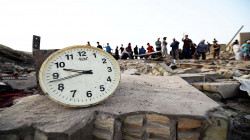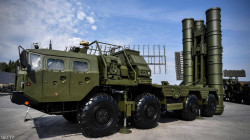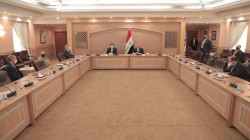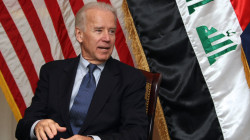U.S. to Announce Troop Drawdown From Iraq
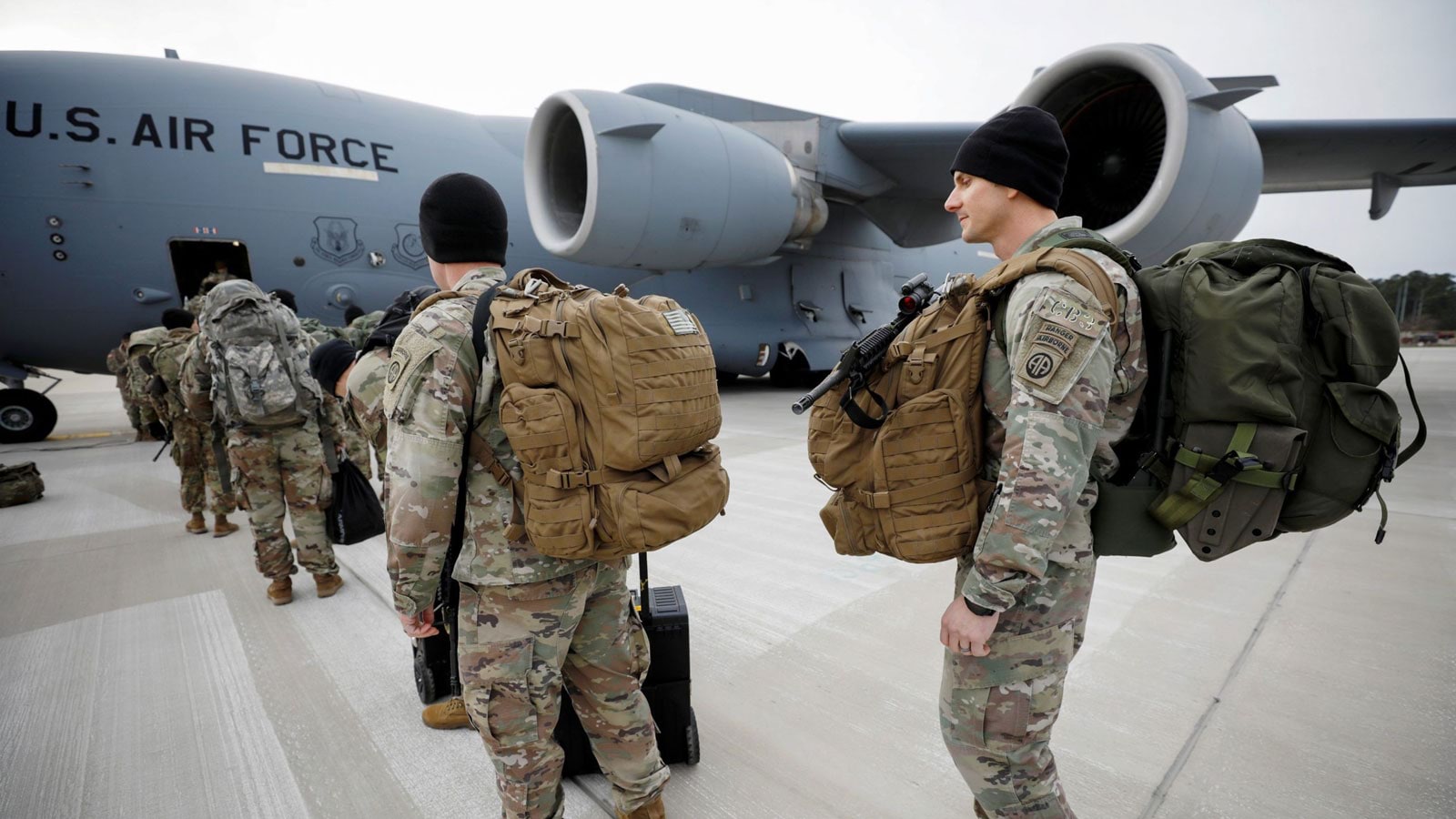
American officials say the United States is likely to oblige the request from Prime Minister Mustafa al-Kadhimi, setting a deadline to be announced on Monday for the withdrawal of U.S. combat forces by the end of the year.
Pentagon and other administration officials say they will achieve this by removing a small but unspecified number of the 2,500 American forces currently stationed in Iraq, and by reclassifying on paper the roles of other forces. Mr. al-Kadhimi will have a political trophy to take home to satisfy anti-American factions in Iraq and the U.S. military presence will remain.
“There will be no U.S. military forces in a combat role by the end of the year,” said a senior U.S. official familiar with ongoing discussions. “We anticipate some force adjustments in line with that commitment.”
What appears to be a set piece of diplomatic theater is the latest effort by Mr. al-Kadhimi to tread between the needs and demands of Iraq’s two closest allies, the United States and Iran. Pro-Iranian factions have been clamoring for a U.S. departure, while Iraqi officials acknowledge they still need the help of American forces.
The Biden administration in turn is grappling with how to operate in a country that since the U.S. invasion 18 years ago has fallen increasingly under the grip of Iranian-backed militias and a corrupt political system that has brought Iraq’s government institutions to the brink of collapse.
Mr. al-Kadhimi’s government, along with many senior Iraqi military officials, quietly favor the roughly 2,500 U.S. troops in Iraq staying in their current form. But the killing of Maj. Gen. Qassim Suleimani, Iran’s top security and intelligence commander, along with a senior Iraqi security official and eight others in an American drone strike in 2020, has made the United States’ current presence politically impossible, and politically undesirable in the United States. After the U.S. drone strike, Iraq’s Parliament demanded the government expel U.S. forces — a motion that was nonbinding but sent a strong message to any politician who wanted to stay in power, including the prime minister.
Grappling with the coronavirus pandemic, a budget crisis and powerful Iranian-backed militias largely beyond his control, Mr. al-Kadhimi has accomplished little since taking office two years ago. His advisers argue that if only he were given more time, he could rein in the militias, cut corruption and arrest more killers of hundreds of unarmed protesters and activists.
Most of Iraq’s paramilitary units were formed in 2014 in response to a call by the country’s most revered Shiite cleric for Iraqis to mobilize against the Islamic State. Those militias were later absorbed into Iraq’s official security forces but the most powerful are tied to Iran and only nominally under control of the Iraqi state.
The United States has repeatedly blamed Iranian-backed militias for the persistent attacks on U.S. targets in Iraq. The U.S. and many Iraqi officials believe the militias are also responsible for most of the assassinations of activists and for a wide range of illegal moneymaking schemes.
Monday’s announcement comes as the Pentagon nears the end of its withdrawal of U.S. forces from Afghanistan, ending a 20-year presence there, even as the Taliban have captured dozens of districts around the country in a military offensive.
Since ISIS was driven from its last Iraqi stronghold in 2017, U.S. officials have consistently maintained that since there are currently no combat operations authorized in Iraq, there are no combat troops in the country. But they acknowledge a small number of U.S. Special Operations Forces serving as advisers and trainers occasionally accompany Iraqi counterterrorism forces on combat missions against Islamic State fighters.
In Washington on Friday, Pentagon officials said they expected the troop levels in Iraq to remain at their current level of about 2,500, and that the role of some U.S. forces would be redefined.
But while giving Mr. al-Kadhimi temporary political cover, a reclassification of U.S. forces rather than a drawdown likely won’t satisfy the militias and political parties calling for a withdrawal of all troops, Iraqi officials say.
Source: The New York Times

